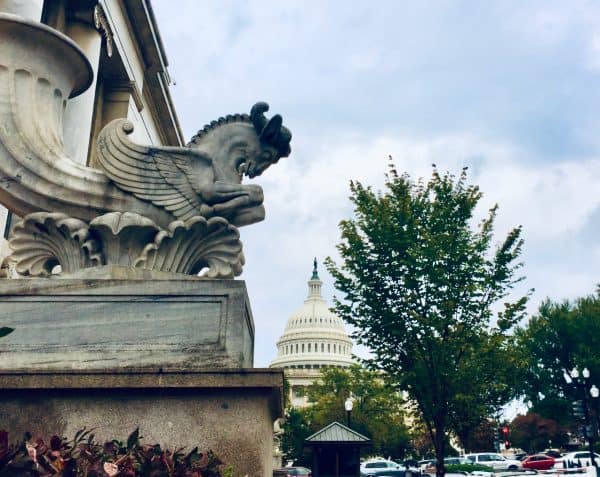
Several US Senators, all members of the Senate Committee on Agriculture, have introduced new bi-partisan legislation targeting the digital asset sector.
U.S. Senators Debbie Stabenow, Chairwoman of the Senate Committee and John Boozman, Ranking Member, along with Senators Cory Booker and John Thune have introduced the Digital Commodities Consumer Protection Act of 2022.
According to a public statement, the goal of the bill is to give the Commodity Futures Trading Commission (CFTC) new tools to regulate digital commodities.
Senator Stabenow said that only one in five US individuals have traded digital assets, but these assets lack in transparency and accountability:
“Too often, this puts Americans’ hard-earned money at risk. That’s why we are closing regulatory gaps and requiring that these markets operate under straightforward rules that protect customers and keep our financial system safe.”
Senator Boozman added that digital assets and blockchain technology will continue to change the way markets function yet this sector is governed by a “patchwork of regulations” at the state level.
“That simply is not an effective way to protect consumers from fraud. Furthermore, relying solely on state regulation does not ensure that rules and regulations work for all stakeholders. Our bill will empower the CFTC with exclusive jurisdiction over the digital commodities spot market, which will lead to more safeguards for consumers, market integrity and innovation in the digital commodities space,”
Senator Booker said the bill would strengthen the regulatory system and enhance oversight over digital commodities.
Senator Thune added that it is important to give the CFTC the tools they need to regulate the growing digital asset market.
The legislation requires all “digital commodity platforms” to register with the CFTC while setting a single national standard. It also states that “other financial agencies” (IE, the SEC) have a role in regulating digital assets that are securities or forms of payments.
Digital commodities, according to the bill, include Bitcoin and Ethereum. It was not immediately clear as to the status of stablecoins within the legislation.
Sheila Warren, CEO of the Crypto Council for Innovation, commented on the legislation:
“This is an important stepping stone towards greater clarity around digital assets. We commend this example of bipartisan leadership and the recognition of the incredible amount of nuance in this space. We look forward to working with more forward-thinking policy makers on next steps. In addition to focusing on commodities, it commissions a report on historically underserved customers to examine the racial, ethnic, and gender demographics of those using digital assets. We appreciate this focus. Data shows that those with no bank account, credit card, or retirement are turning to crypto. Next steps require a thoughtful approach to bring people in and rebuild trust.”
While the bill will correctly strive to create clearly federal regulation for digital assets, questions remain as to where the line will be drawn between digital securities and digital commodities. There is additional pending legislation in the Senate that aims to address some of these topics with overlapping criteria to this bill.

